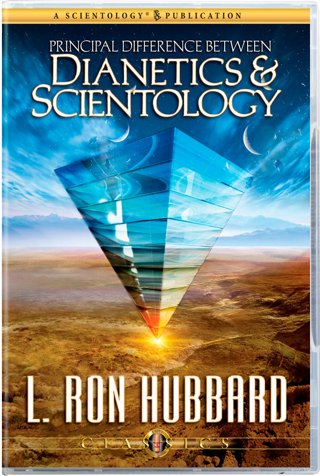Some Known Facts About Dianetics.
Some Known Facts About Dianetics.
Blog Article
The Buzz on Dianetics
Table of ContentsUnknown Facts About DianeticsThe Dianetics DiariesThe 8-Second Trick For DianeticsThe 30-Second Trick For Dianetics
I couldn't ever not intend to get anything that enters your mind for you- if it was otherwise, I wouldn't be resting below with you, doing this. I not just might never ever have a problem, or otherwise wish to hear something that comes to mind for you, but I'm completely anxious to understand every idea, every thought, every picture or sensation that arises or materializes for you- do not ever think or else, and if for one reason or another you do, please just let me recognize! Occasionally, you may have a thought, and image, concept or event turn up that does not seem to respond to the question, or connect to it, yet nonetheless, always do inform me concerning it, and as we continue, the relevance will arise for you.This is integral in the basis of processing, and the topic of this conversation: the standard functions of the therapist and the customer: The fundamental duty of the counselor is, as opposed to "typical training", not to control, which means to apply and/or hinder, yet to instead function from the basis of EMPOWERING THE CUSTOMER.

Some Of Dianetics
John Mcmasters shared this fundamental reality splendidly well in one of his talks on Power handling, where he clarifies just how he was asked what this "unique knack" was that he had for giving such great sessions; he had to think of that for a minute, and detected that it was what he had not been doing, in addition to what he was doing: he wasn't assessing, evaluating, computer, or in truth, generating any ideas, let alone verbal expressions, after giving the command and while waiting on the PC to complete their response to their contentment; he was, simply and just, existing with the PC, and completely interested.
The role of the therapist, showed; that was his "special flair". I have had my very own experience which showed me this well, really at an early stage in the game. In 1982, having just recently completed my training and internship on New Period Dianetics, I was running this on a COMPUTER, and there was a point in the session where (being a little bit damp behind the ears not yet having lots of hours under my belt as a specialist auditor) the computer appeared to be "taking too lengthy" my latest blog post to reveal anything verbally after I gave him a command.
This secret ended up being the most important contribution that John ever made to the topic of therapy or bookkeeping (Dianetics). In my humble opinion, it is the greatest contribution that anyone has ever before made to these subjectsthe other application is totally non-judgemental, non-evaluative, and without any kind of idea, advice or opinion.no preconditioned program for people, or 'degrees' that they need to do
In Idenics, the only resource of details regarding a client is the specific customer. In Scientology we prided ourselves on not reviewing for individuals. All that actually meant was that the auditor did not Vocally review for the Computer in session. The registrars and ethics officers assessed for the computer.
10 Easy Facts About Dianetics Described

Any person that had ever before seen John audit could not aid however discover a distinct quality in his bookkeeping."The client's fundamental function is to be there with the purpose of relocating in the direction of their spiritual objectives, and to easily and completely share and experience whatever shows try these out up for them in answering the inquiries and carrying out the guidelines in the processing.
This is something to procedure as required. However additionally, people often have previous experience and/or indoctrination in auditing/processing which, somehow, and to some extent, actually deceives them into attitudes, ideas and habits patterns that protect against the complete understanding of these functions, therefore they will certainly have a tendency to hinder the expressing of what enters your mind, as in the examples provided over. * The very first, and probably foremost instances of mis-indoctrination leading to less than totally smooth and efficient sessions, can be located in specific aspects of the training regimens, or "TR's":"TR's" are commonly an individual's first, or at the very least early, experience in Scientology, and while I will certainly go on to explain what I view as the imperfections in concept and method, nevertheless, have a tendency to be greatly restorative, done as they are provided (Hubbard insists that "TR's are not refining, they are educating", but factually, they are both handling AND training)
There is no "flunking", and no denial of the reality of this being handling. The focus, as it ought to be, is on experiencing the various other person's existence.
Some Known Details About Dianetics

Report this page